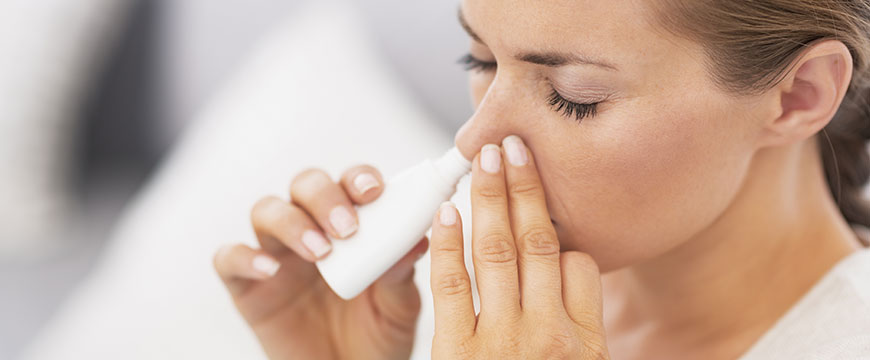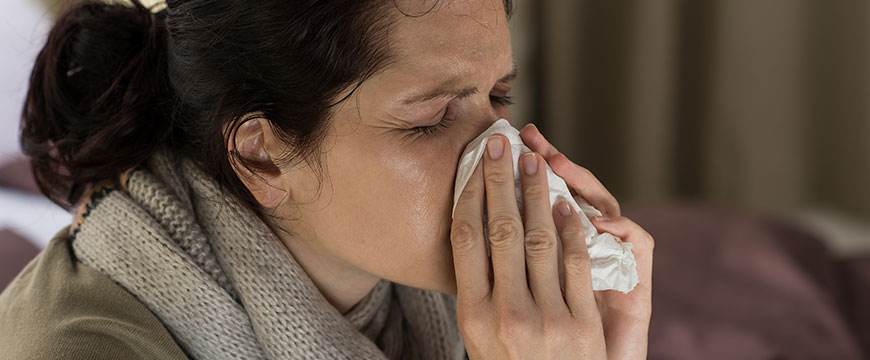
When you are suffering from seasonal allergies, the best solution is to see an allergy specialist who will undertake a battery of tests and recommend the best medication for the condition. Unfortunately, not all of us love hospitals or have the resources to visit one.
What should you do if you fall into one of these categories? The best way out is to control the condition at home. Are you wondering what helps with allergies at home? There are plenty of things you can do. Some of them include:
Keep the filters in top condition.
Dirty air conditioners and furnace filters will worsen your condition, so ensure they are clean and in pristine condition. This means they should not have holes in them. Thankfully, you don’t need to hire a professional to help with the filters—you only need to access their panel and remove them. You can clean or replace them depending on their current condition.
If you don’t currently have the filters in your home, you can add them, either as standalone room units or central heating and air system. According to the American college of allergy, asthma, and immunology, if you have a single room, install a unit with a HEPA filter. To get the most from the filter, ensure that the CADR (clean air delivery rate) is right for the size of the room you are using.
If you have a central and air conditioning system already installed in the house, you can turn it into a filtration system for the entire house by installing a better air filter. Thankfully, there are plenty of permanent and disposable options you can go with.
Herbal teas
When taken properly, herbal teas can work magic. These teas usually have anti-inflammatory effects, which significantly reduce allergy symptoms. Some of the teas you should try out include: stinging nettle, milk thistle, ginkgo, and red clover.
Nose cleansing
It’s common for pollen to adhere to the mucus membranes hence the constant irritation. To alleviate the symptoms, cleanse the nasal passages using Neti pot or nasal spray and flush out the nasal passages.
Do acupuncture
Acupuncture has been shown to relieve the acute symptoms of allergy and at the same time treat the root problems of the condition. While you can do the acupuncture by yourself by following online videos, it’s wise that you have a professional do it for you to reduce the risks of accidents occurring.
Keep as much pollen out of the house as possible.
Besides installing a highly efficient filtration system, keep the windows closed during peak pollen hours. When you get in the house, remove your shoes, so you don’t bring any pollen inside.
If possible, change your clothes before you step into the house so you don’t bring in the pollen that might have clung to your fabric.
Detoxify your body
Studies show that toxins worsen the allergies in the body. The liver is a great mediator of inflammation, and when you have a lot of toxins in the liver, you have a lot of inflammation, and the allergies flare-up.
When you detox your body, you get rid of sugar, fried foods, and other toxins, reducing inflammation. The best way to detoxify the body is to use liver-supportive foods and herbs such as turmeric, milk thistle, citrus fruits, nuts, and artichoke.
See a doctor
You can indeed control allergies at home but if you have tried everything without success, find allergy doctor Manassas VA to recommend the best course of action. When getting an allergist, ensure that are experienced and know what they are doing.

